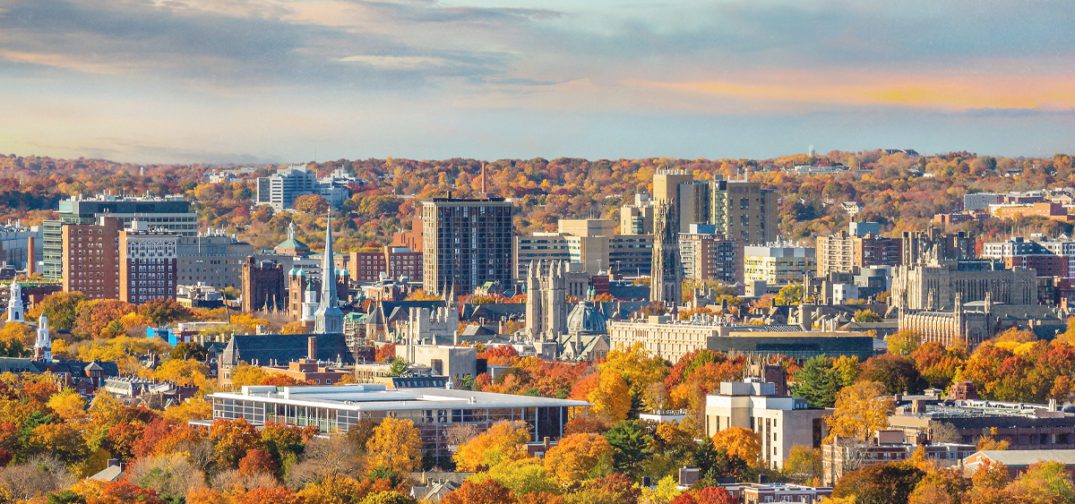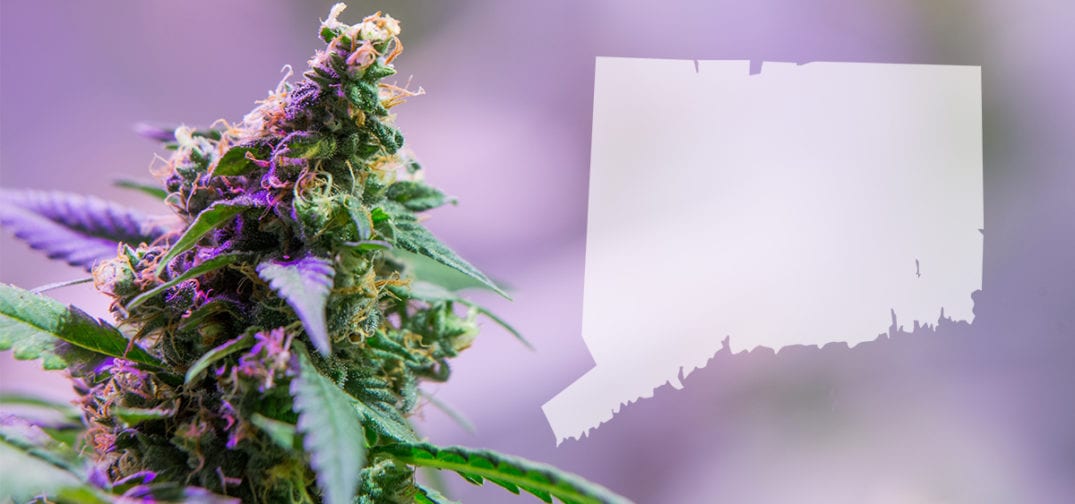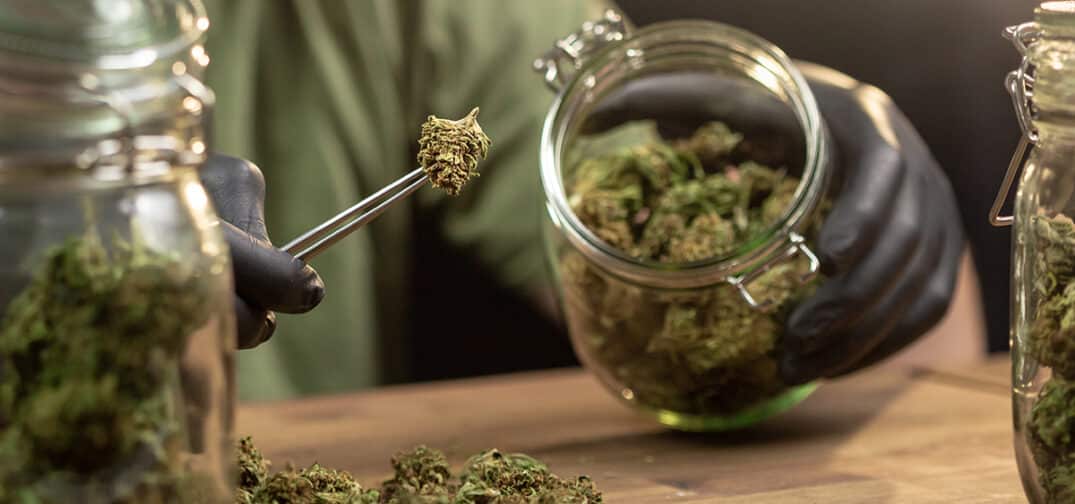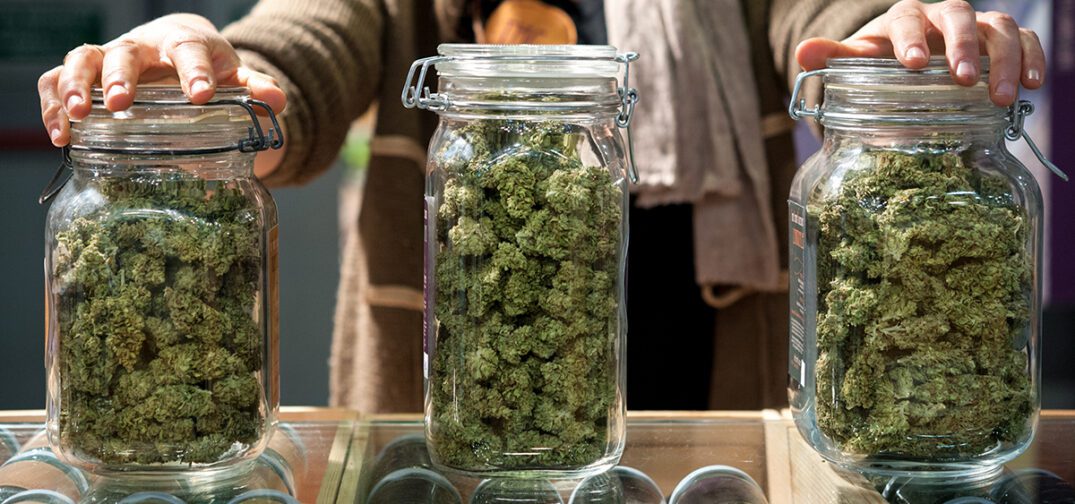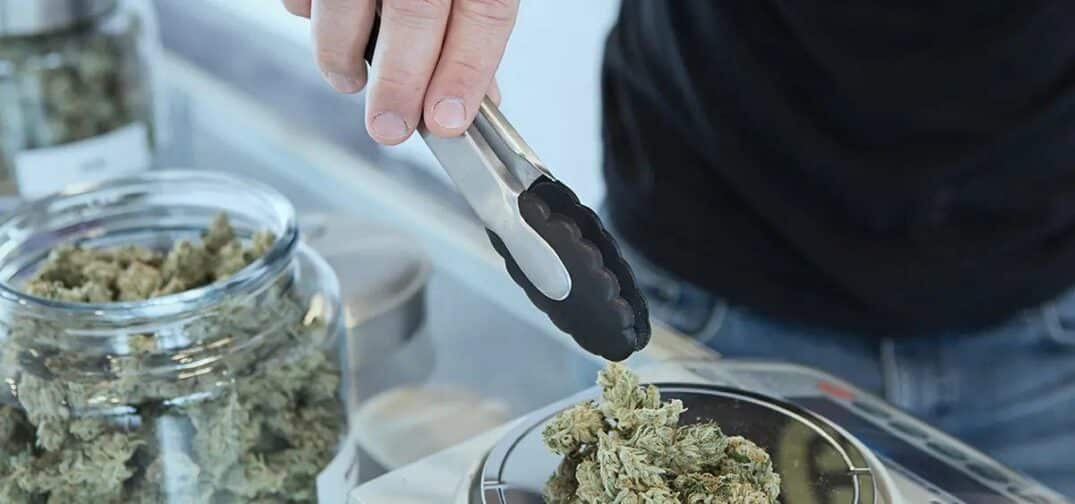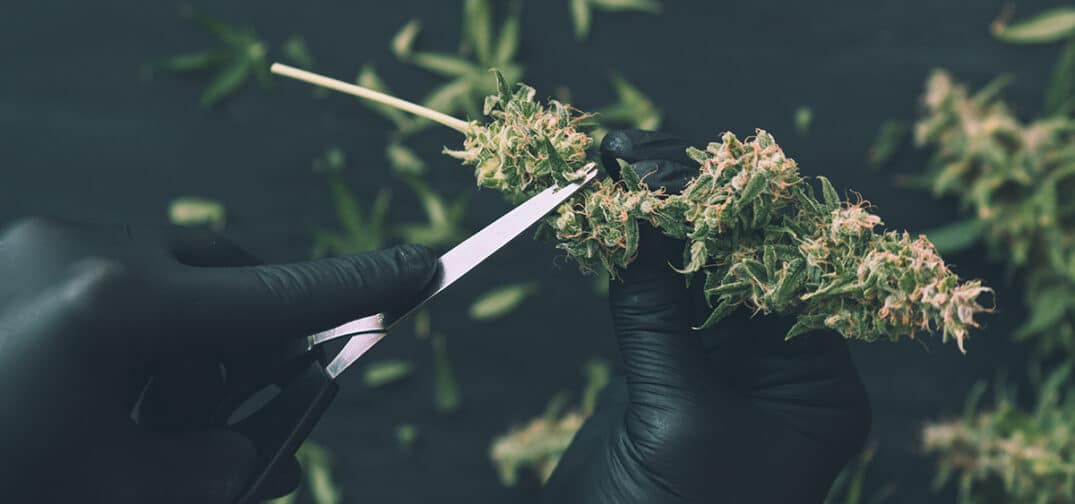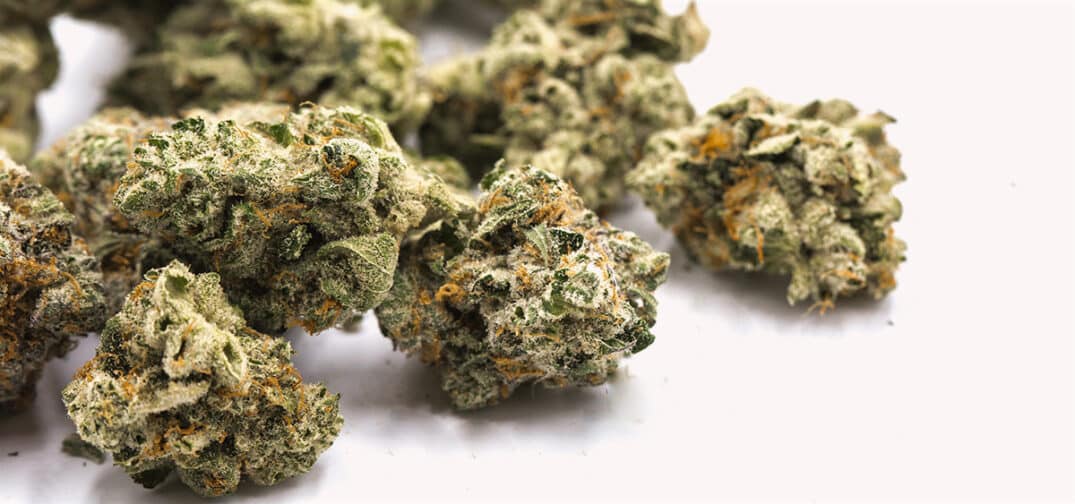The Connecticut Senate last week passed a bill to increase regulations on the state hemp industry, including stricter limits on hemp-derived THC and CBD products, WTNH reports. The legislation reduces the allowable amounts in products from 1 milligram per serving to .5 milligrams per serving and from 5 milligrams per container to 3 milligrams per container, respectively.
Mike Goodenough, a hemp farmer and member of the Cannabis Small Business Alliance, told WTNH the bill, if signed into law, will “absolutely kill” his business.
“Our farmers are stuck with having to remediate the THC out of it which costs more money. It’s also done non-organically, which removes our ability to call it a non-organic product.” — Goodenough to WTNH
State Rep. David Rutigliano (R), a co-sponsor of the bill, said the regulatory update was necessary because it protects underage consumers and that, in the wake of broad cannabis legalization in the state, only licensed dispensaries should be allowed to sell THC products.
“There is no regulation that you can’t sell this to anyone under 21. You can sell this to anyone,” he said in the report. “If you walk into a store or a gas station and there is a THC seltzer in it which contains an intoxicating substance, a 12-year-old could buy it currently.”
Last week, the Connecticut Consumer Protection issued a notice which said “All Connecticut businesses currently selling THC-infused beverages must take inventory of all products in their possession on May 14, 2024. A report of that inventory and a $1 per container fee are due to the Department of Consumer Protection by June 14, 2024,” seemingly preparing for the law’s passage, despite that it has yet to be signed into law by the governor.
The House passed the bill in April.
End
